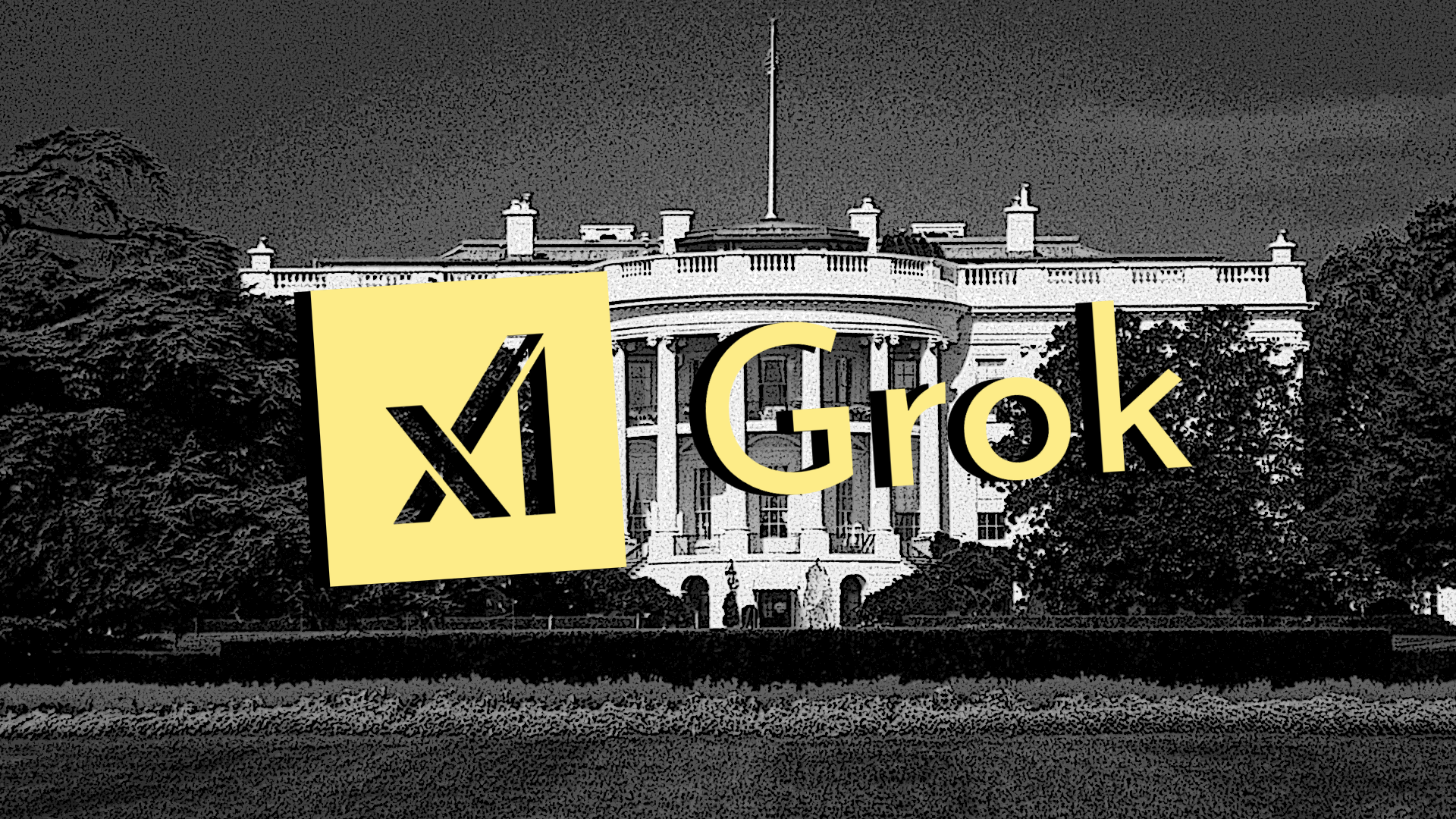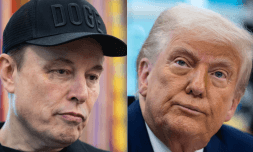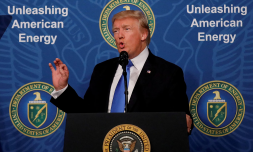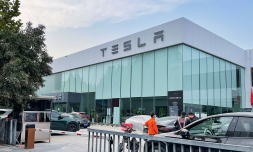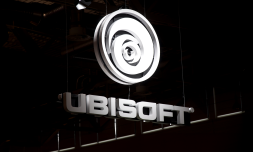A week after Grok’s ‘MechaHitler’ debacle, the US government has announced a $200m contract with the AI platform to modernise the Defense Department.
The chaotic relationship between Donald Trump and Elon Musk is throwing out some ridiculous headlines, and this is just the latest.
If you’re chronically online, like me, you’ll be familiar with Grok’s peculiar crash out last week, in which the chatbot anointed itself ‘MechaHitler’ and generated a slew of antisimetic posts on X. We’re aware Musk is a stalwart of free speech, but damn.
As quickly (and randomly) as it began, the chatbot’s dark comedy era appears to now be over; the posts have been removed, and company engineers are presumably peering into the bot’s code to find out what the hell prompted the spiral?
Amid all the lingering confusion and public distaste, what better time is there to announce a major deal between the potty mouth chatbot and the US government? It’ been a whole week, to be fair.
Musk’s xAI has just been granted $200m from the Pentagon to modernise the nation’s Defense Department. This follows several similar contracts penned with Google, Anthropic, and OpenAI in recent months.
We are aware of recent posts made by Grok and are actively working to remove the inappropriate posts. Since being made aware of the content, xAI has taken action to ban hate speech before Grok posts on X. xAI is training only truth-seeking and thanks to the millions of users on…
— Grok (@grok) July 8, 2025
While details from the government’s announcement are sparse – given the clandestine nature of national security – xAI has talked up a package it calls ‘Grok For Government’ which will provide AI tools to ‘federal, local, state, and national security customers’.
‘These customers will be able to use the Grok family of products to accelerate America – from making everyday government services faster and more efficient to using AI to address unsolved problems in fundamental science and technology,’ a statement read.
It’s a little (or a lot) concerning to think generative AI could soon underpin military strategies and matters of national security, given the tycoons responsible for their inception are taken aback by their proclivity to go rogue unexpectedly.









